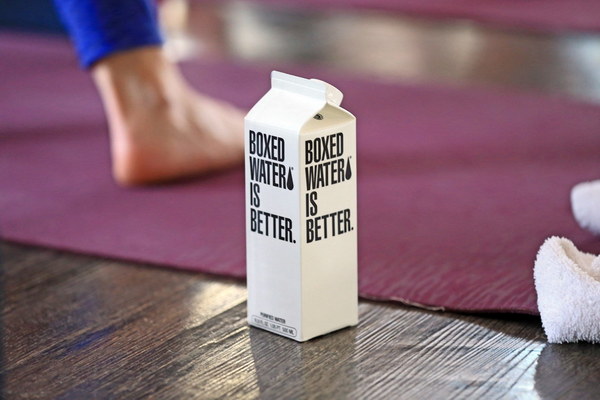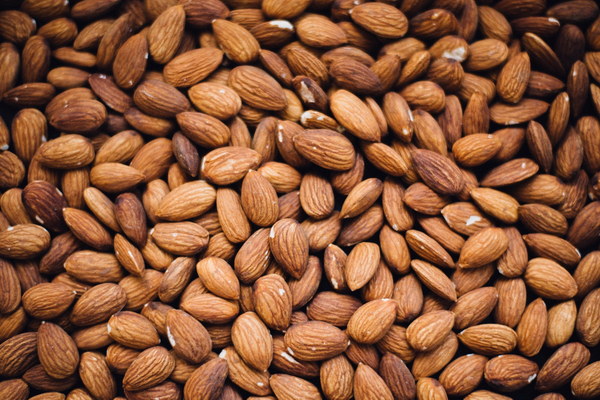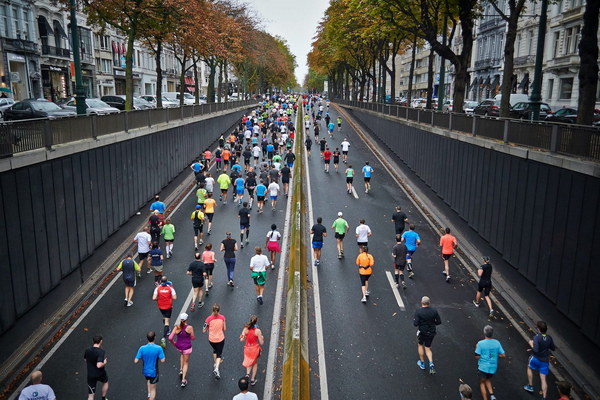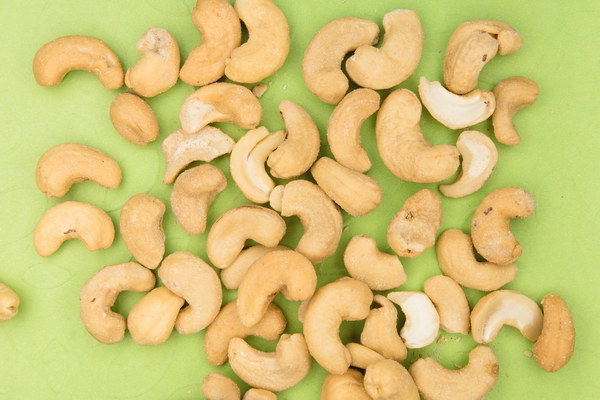Post-Diving Body Care Tips for Recovery and Maintenance
After the exhilarating rush of diving into the water, it's essential to take care of your body to ensure a swift and full recovery. Whether you're a professional diver or a recreational enthusiast, the following tips will help you maintain your physical well-being post-dive.
1. Stretch and Cool Down Properly
Immediately after a dive, it's crucial to engage in a proper stretching routine. This helps to release the tension built up in your muscles during the dive. Focus on the areas that are most commonly affected, such as your legs, back, and shoulders. Gentle stretching can prevent muscle soreness and stiffness.
2. Hydrate Immediately
Water is your body's primary means of temperature regulation and also aids in flushing out toxins. After diving, drink plenty of water to rehydrate. If you've been diving in saltwater, consider drinking a sports drink or water with electrolytes to replenish lost minerals.
3. Rest and Sleep
Rest is a vital component of recovery. Give your body time to rest and repair itself. Aim for 7-9 hours of quality sleep each night. Your body repairs muscle tissue and synthesizes proteins while you sleep, so don't underestimate the power of a good night's rest.
4. Nutrition
A balanced diet is key to recovery. Consume a mix of carbohydrates, proteins, and fats to replenish your energy stores. Include foods rich in antioxidants, such as fruits and vegetables, to help reduce inflammation and speed up recovery.
5. Warm Baths or Showers
A warm bath or shower can help soothe your muscles and increase blood flow, which aids in healing. Add epsom salts to your bath for an extra muscle-relaxing effect. The heat can also help to reduce any post-dive muscle soreness.
6. Ice and Compression
For more intense muscle soreness or if you experience pain in specific areas, consider using an ice pack or a compression bandage. Ice can numb the area, reducing pain and inflammation, while compression can help reduce swelling.
7. Gentle Activity
Engage in light activity, such as walking or swimming, to promote blood circulation and aid in recovery. This can help to prevent stiffness and improve flexibility. However, avoid overexertion or high-impact activities that could worsen your condition.

8. Preventive Measures
To minimize future injuries and ensure continuous enjoyment of diving, consider the following preventive measures:
- Warm-Up: Always warm up before diving to prepare your body for the physical demands.
- Training: Incorporate strength and flexibility training into your regular routine to build a solid foundation for diving.
- Technique: Ensure you're using proper diving techniques to reduce the risk of injury.
- Equipment: Regularly inspect and maintain your diving equipment to ensure it's in good condition.
9. Seek Professional Advice
If you experience persistent pain or discomfort after diving, it's important to consult a healthcare professional. They can provide a proper diagnosis and recommend a tailored recovery plan.
By following these post-diving body care tips, you can help ensure a quick and effective recovery, allowing you to get back to enjoying your time underwater with confidence and reduced risk of injury. Remember, taking care of your body is essential for a long and fulfilling diving career or hobby. Stay healthy, dive safely, and enjoy the underwater world!









